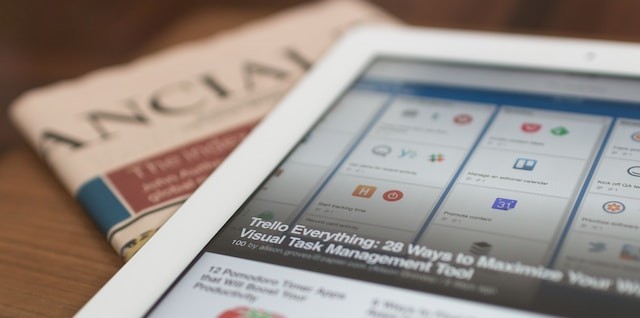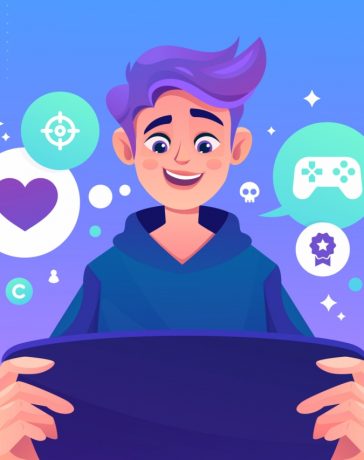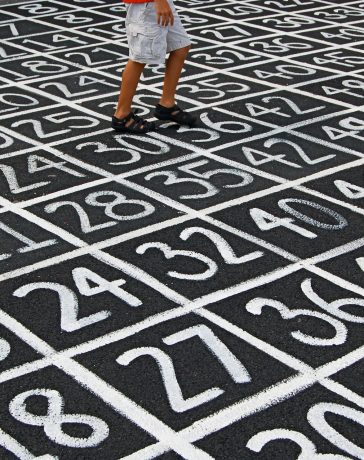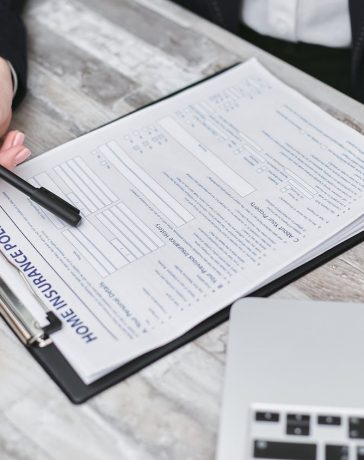Digital literacy is the ability to search, estimate, use, create and share content through online resources such as websites, social media, videos and e-books. You can increase your digital literacy by visiting special sites and reading Tech News.
Digital literacy is a broad term that covers everything related to digital data: technologies, resources, programs, applications and results from their use.
If you found this article through a search engine by typing a query into the search bar, you used several digital literacy skills at once:
- the to use a search engine
- the ability to choose useful material among a variety of content,
- the ability to use links
- the ability to process information from online and highlight the main thing.

When you search the Internet, create a page on a social network, read an e-book, mark a friend’s birthday on an online calendar, or use a taxi app, you demonstrate digital literacy.
Why is digital literacy important?
Today, the development of digital literacy is vital. If a person does not know how to use digital technologies, he misses a lot of opportunities.
Digital literacy skills allow you to:
- increase the productivity of a specialist;
- facilitate access to products;
- increase the level of satisfaction with life;
- allow you to use your time more rationally by automating some processes;
- in some cases, they even help save money.
But most importantly, having digital literacy, a person feels secure online – he understands how to recognize a scammer, protect himself from a phishing attack, or keep his personal data secret.
Digital literacy also helps not to break the law on the Internet and understand whether news you watch or read real or fake. And this is not a complete list of reasons. But in order to be able to do all this, the user needs to master certain skills.
Collection and processing of information
The ability to search, collect and analyze information on the Internet is a primary skill. If a person knows how to use search engines to find information, he gains access to numerous online resources – libraries, books, content and news from around the world.

Productivity increase
Learning how to use technology to improve your productivity is another important digital literacy skill. Working with text editors (Microsoft Word or Google Docs) and electronic notepads (such as Evernote and Todoist) makes it easier to store and structure information.
Cyber security and fraud protection
The skill helps not to become a victim of scammers and not to leak your personal data. To do this, you need to understand the rules of Internet security and know how you can protect your passwords and personal information: be able to come up with strong passwords, use a VPN, follow the rules of the sites.



































